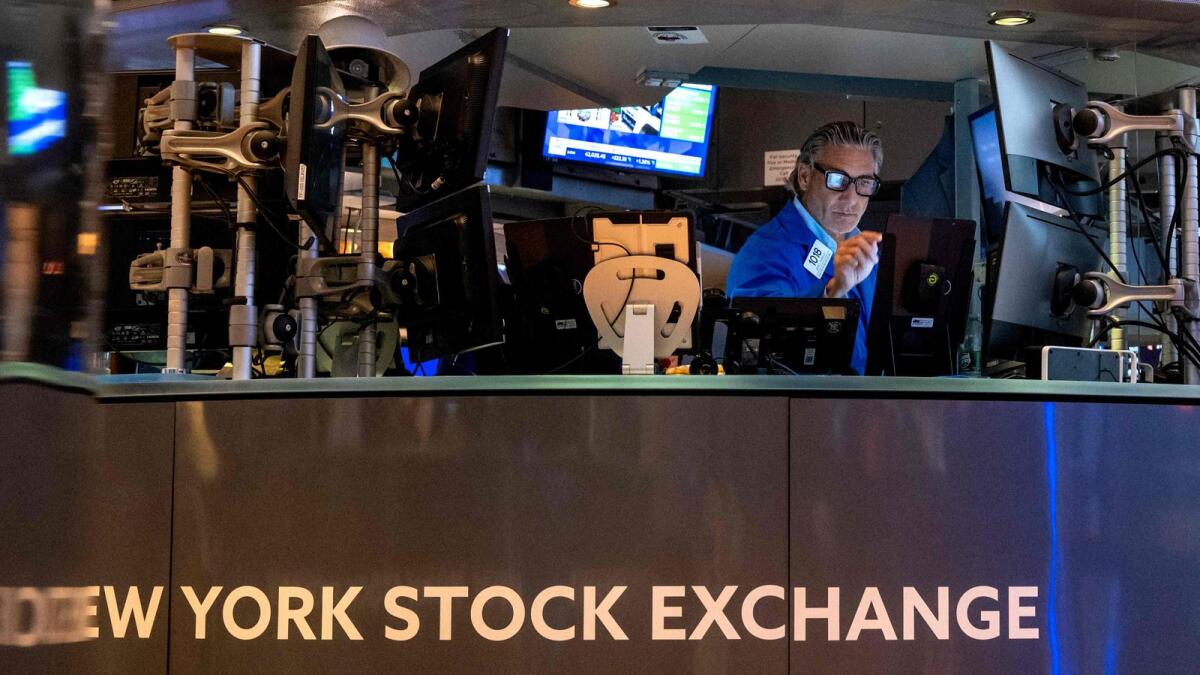The US stock market has seen a recent rally after the Federal Reserve announced a rate cut, marking the first easing cycle since 2020. Despite the positive movement, investors face a volatile period ahead due to economic data, political uncertainty, and corporate earnings tests in the coming weeks. The S&P 500 hit its first closing all-time high in two months but remains vulnerable to market swings leading up to the November 5 election. Historically, September and October are weak months for the stock market, and volatility tends to increase during election years.
With the presidential election looming, the market could be particularly sensitive as polls show a close race between Republican Donald Trump and Democrat Kamala Harris. Investors are closely monitoring economic data to gauge whether the economy is experiencing a “soft landing,” in which inflation moderates without negatively impacting growth. Stock performance tends to be more favorable after the start of rate cuts during such scenarios.
The upcoming weeks will bring key reports on manufacturing, consumer confidence, durable goods, and inflation measures, along with a closely-watched monthly jobs report. The rally in stocks has led to higher valuations, with the S&P 500 trading at a price-to-earnings ratio well above its long-term average. This puts pressure on corporate earnings to support stock gains, especially as valuations reach their limits. The third-quarter earnings season is set to begin next month, with expectations for a modest increase from the prior year.
Investors are closely watching corporate earnings reports, with early signs like FedEx’s recent profit drop and reduced revenue forecast causing stock prices to tumble. As the market becomes more reliant on strong earnings growth to sustain stock gains, there is added pressure on companies to deliver positive results in the coming quarters. The overall sentiment is that extended valuations require robust macro data and fundamentals to support further increases in S&P 500 prices.
As the stock market enters a potentially turbulent period, investors are bracing for heightened volatility, economic uncertainty, and political developments that may impact market performance. With the upcoming presidential election adding an extra layer of unpredictability, investors will need to monitor economic indicators closely to navigate through one of the most challenging periods of the year for equity markets. The focus remains on corporate earnings, as the expectation for sustained growth will be critical in sustaining stock market gains amid rising valuations and external pressures.











